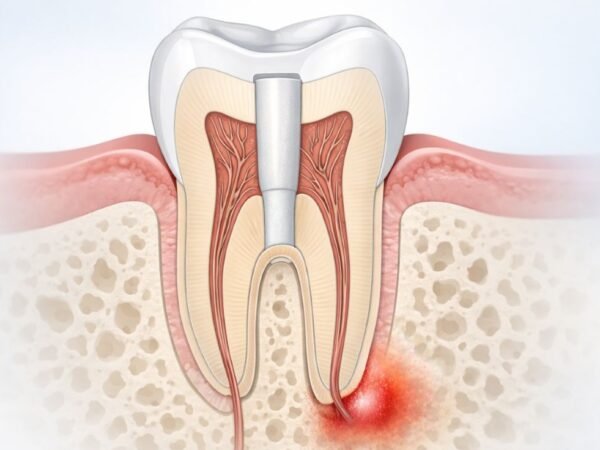Losing a limb is not just a physical event—it’s a life-altering experience. The impact runs more profound than what meets the eye. It doesn’t just take away a part of the body; it reshapes the way someone moves, works, thinks, and feels. Whether the amputation was caused by an accident, illness, or trauma, the journey that follows is filled with significant changes and challenges. For many, life will never be the same again.
When amputation happens because of someone else’s carelessness—maybe through a workplace incident, a car crash, or medical malpractice—things get even more complicated. Victims are not only left to cope with the loss but also with questions about justice.
In such cases, it’s essential to understand the legal steps for amputation resulting from another person’s negligence. Taking action may help the victim obtain compensation for medical expenses, therapy, lost wages, and other related costs.
A New Way of Moving
One of the first things that changes after an amputation is mobility. The body doesn’t move the way it used to, and even simple tasks can become more challenging than expected. Walking, climbing stairs, or even getting out of bed may require assistance or special tools.
Some people may use wheelchairs or crutches, while others get fitted for prosthetics. Physical therapy becomes a big part of the routine, helping the person regain balance, strength, and confidence. The road is different for everyone, but progress is possible with patience and practice.
Learning to Do Everyday Things Again
After amputation, regular daily activities may take longer or require adjustments to be performed in a new way. Brushing teeth, cooking meals, driving a car—these tasks may now require adjustments or new techniques. Occupational therapy plays a crucial role in this part of the journey.
Many amputees find themselves using adaptive tools or devices explicitly made for one-handed use or those with lower limb loss. It’s not just about learning new skills but also about establishing a new rhythm in life.
The Emotional Rollercoaster
The emotional impact of losing a limb can be just as powerful as the physical changes. Grief, anger, frustration, and sadness are all normal feelings. Many amputees go through a period of emotional adjustment, especially in the early days after surgery.
There’s often a sense of identity loss. People may struggle with how they see themselves, how others see them, or how they fit into social settings. Some may face depression or anxiety. That’s why emotional support—whether through therapy, peer groups, or family—is just as important as physical recovery.
Mental Health Deserves Attention
Mental health isn’t something that can be pushed to the side during recovery. It’s a key part of the healing process. Speaking with a counselor, joining support groups, or even connecting online with others who are going through the same experience can make a huge difference.
Amputees are often some of the most resilient people out there, but even the most substantial need help sometimes. Recognizing and accepting the emotional journey is a brave and healthy step forward.
Relationships and Social Life
After amputation, some individuals may feel uncomfortable or self-conscious about going out, dating, or socializing with friends. Worrying about stares or questions is a common concern. But with time, many find their confidence again.
Support from loved ones plays a considerable role. Similarly, education—when people understand amputation better—helps create a more inclusive world. Social life may change, but it doesn’t have to disappear.
A Journey of Strength and Growth
Amputation is a life-changing event, but it doesn’t mean the end of a fulfilling life. With time, care, support, and the right resources, many amputees go on to do amazing things. They adapt, grow, and even thrive.
Whether it’s returning to work, playing sports, or helping others through their journeys, life after amputation is filled with stories of courage and resilience. It’s a tough road—but one that’s full of possibility.
Do Read: Why Therapy Is Important for Effective Stress Management













